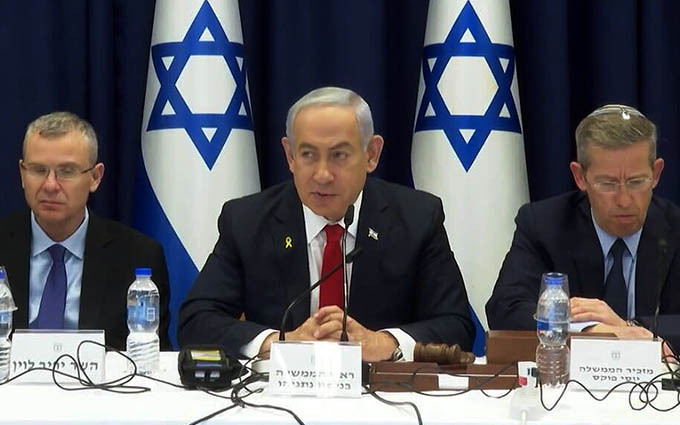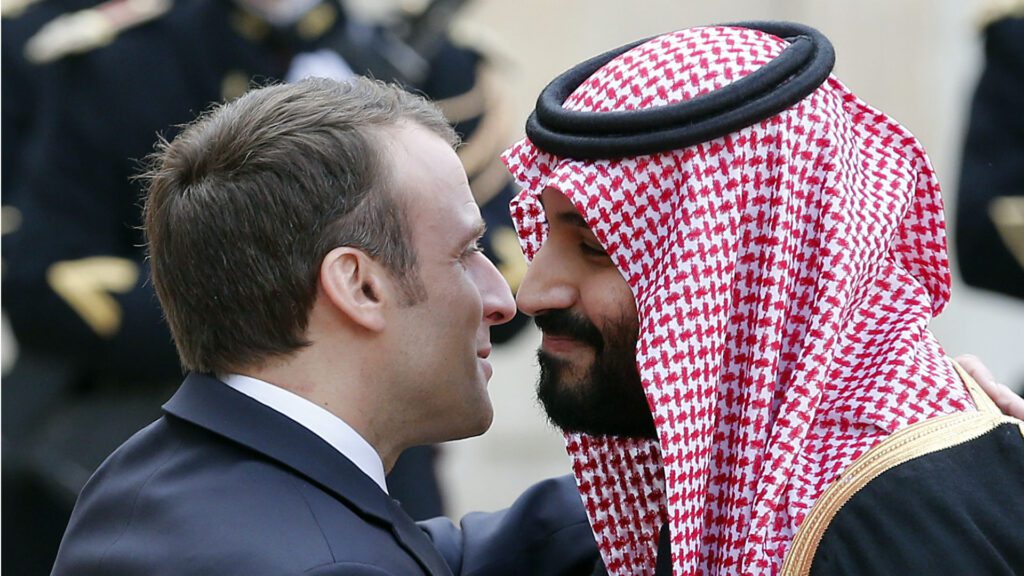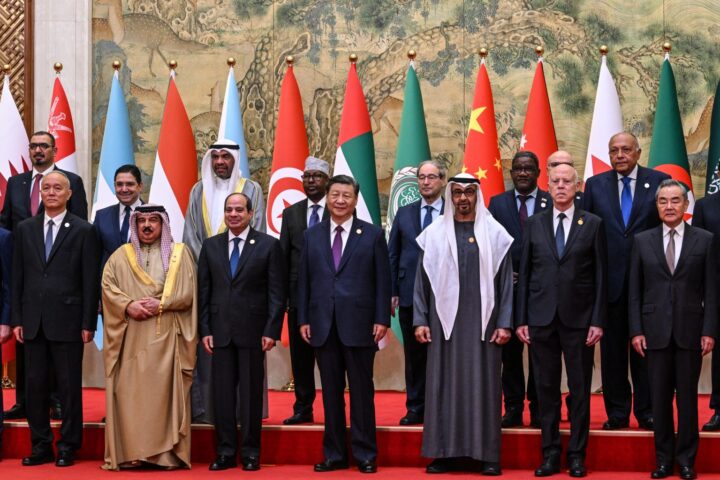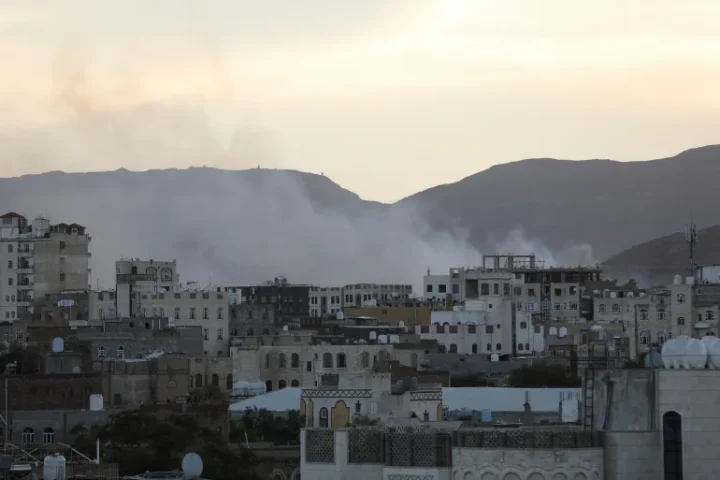
As Israel’s cabinet convenes for a crucial meeting to discuss a possible truce with Lebanon, the potential geopolitical implications for Middle Eastern markets are attracting global attention.
The ceasefire, if successful, could be a significant step towards stability in a region marred by political and economic volatility. The markets have been particularly sensitive to the ongoing conflict between Israel and Lebanon, with investors often taking a cautious stance due to the unpredictability of the situation.
The immediate impact of a ceasefire could be a surge in investor confidence, leading to increased foreign investment in both countries. Israel, with its robust technology and healthcare sectors, and Lebanon, with its potential for infrastructure development, have much to offer to the global investment community. A ceasefire could also open avenues for increased bilateral trade, fostering economic growth and reducing unemployment rates in both nations.
However, the long-term implications are more complex. A lasting peace could help Israel integrate more seamlessly into regional economic frameworks, potentially leading to stronger ties with its Arab neighbours. For Lebanon, a ceasefire could pave the way for international aid and debt relief, vital for a country grappling with economic crisis and political turmoil.
Yet, the ceasefire might also lead to a re-alignment of alliances and power dynamics in the region, creating new uncertainties. The roles of Iran and Saudi Arabia, both major players with vested interests in the conflict, will be especially crucial in determining the future landscape.
While the ceasefire could potentially bring a wave of economic opportunities to the Middle East, the long-term market implications are intertwined with complex geopolitical realities. The world watches as Israel and Lebanon stand on the precipice of a new era, with the potential to redefine the economic future of the Middle East.







